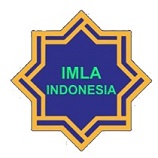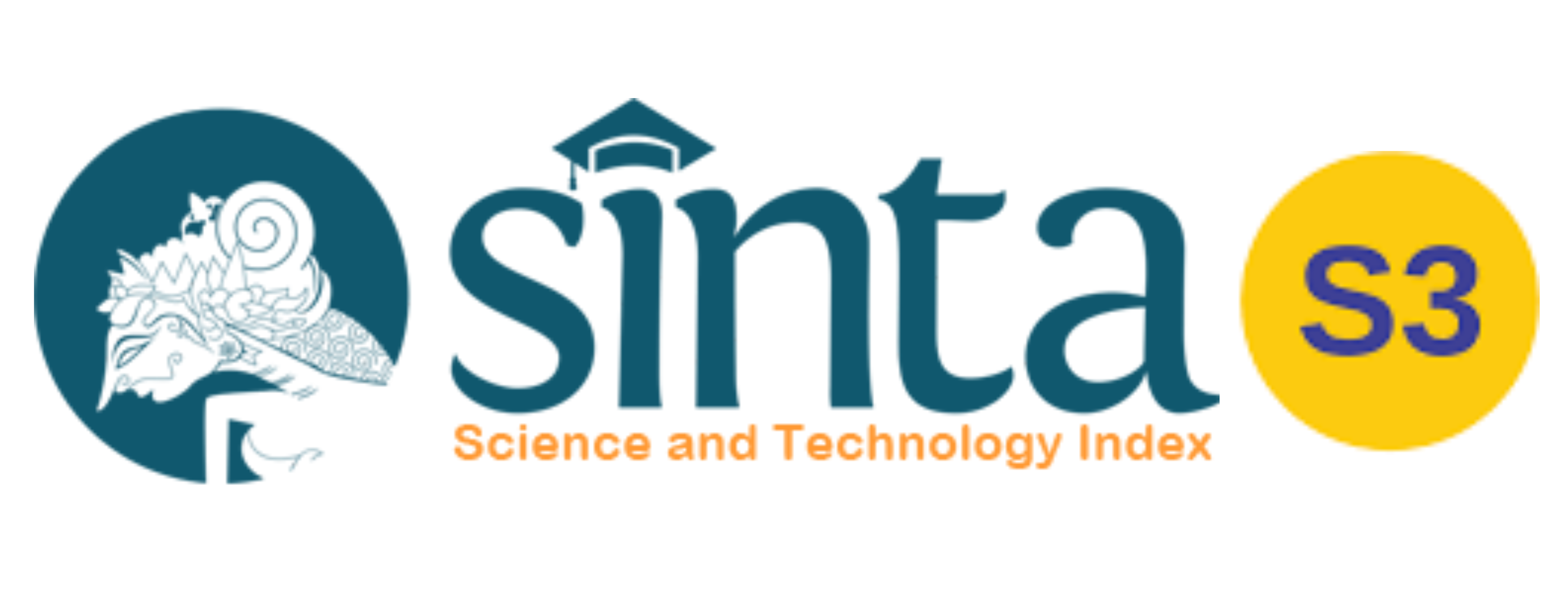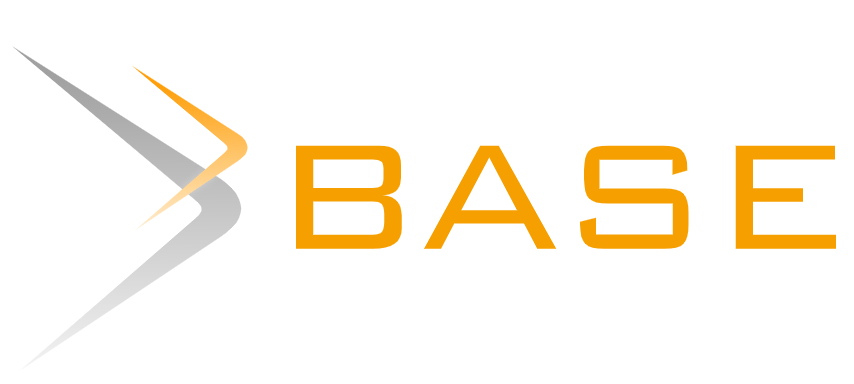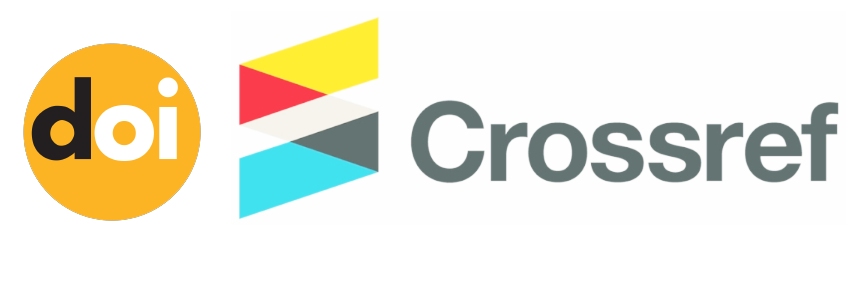THE DYNAMICS OF GENDER EQUALITY AND NEW DIRECTIONS FOR THE ROLE OF SAUDI WOMEN
Abstract
Keywords
Full Text:
pdf (Bahasa Indonesia)References
Al AlHareth, Yahya, dkk. (2015). Review of Women and Society in Saudi Arabia. American Journal of Educational Research, 3 (2).
Agus Nuryatno, M. (2007). Examining Asghar Ali Engineer’s Qur’anic Interpretation Of Women In Islam, Al-Jami‘ah, Vol. 45 (2).
______________. (2001). Islam, Teologi Pembebasan, dan Kesetaraan Gender: Studi atas Pemikiran Asghar Ali Engineer. Yogyakarta: UII Press.
Alsuwaida, Nouf. “Women’s Education in Saudi Arabia.” Journal of International Education Reesearch, 1 (2), 112.
Al-Asfour, Ahmed, Hayfaa Tlaiss, Sami Khan, James Rajasekar. (2016). Saudi Women’s Work Challenges and Barriers to Career Advancement. Career Development International, 6-7.
Algar, Hamid. (2011). Wahabisme: Sebuah Tinjauan Kritis, trans. Rudy Harisyah Alam. Jakarta: Democracy Project.
Ahmad, Khalil and Mohammad Shekaib Alam. (2020). Asghar Ali Engineer and His Thoughts: Introduction and Over-all Analysis. Journal of Asian and African Social Science and Humanities, 6, (2).
Ali Engineer, Asghar. (2004). Rights of Women in Islam. New Delhi: Sterling Publishers Private Limited.
_________________. (2004). Islam Masa Kini, Yogyakarta: Pustaka Pelajar.
Baki, Roula. “Gender-Segregated Education in Saudi Arabia: Its Impact on Social Norms and the Saudi Labor Market.” Education Policy Analysis Archives, 12 (28), 6.
Bank, I. B. Achieving Universal Access to ID: Gender-based Legal Barriers Against Womenand Good Practice Reforms. Diakses dari laman http://documents1.worldbank.org/curated/en/606011569301719515/pdf/Achieving-Universal-Access-to-ID-Gender-based-Legal-Barriers-Against-Women-and-Good-Practice-Reforms.pdf, pada 3 Juli 2022
El Shamy, Aly. Saudi Women Embracing New Freedoms This International Women’s Day, diakses dari laman https://eng.majalla.com/node/82456/saudi-women-embracing-new-freedoms-this-international women%E2%80%99s-day, pada 30 Juni 2022
Esposito, John L. Unholy War, trans. oleh Arif Maftuhin. (2003). Yogyakarta: LkiS.
Hamdan, Amani. (2005). Women and Education in Saudi Arabia, Challenges and Achievements, International Educational Journal.
Hardiyanti, Mega, Sri Yuniati. (2021). Penjaminan Hak-Hak Perempuan dalam Visi Saudi Arabia 2030 (Guarantee Of Women's Rights In Vision Saudi Arabia 2030). Journal of Feminism and Gender Studies, 1 (1).
H. Bowen, Wayne. (2015). The History of Saudi Arabia, Second Edition. California: ABC-Clio.
Jannah Ismail, Nur. (2015). Rekonstruksi Tafsir Perempuan: Membangun Tafsir Berkeadilan Gender. Gender Equality: International Journal of Child and Gender Studies, 1 (1).
Juliani, Anita, Radea Yuli Hambali. (2022). Teologi Pembebasan Perempuan Perspektif Asghar Ali Engineer. Jurnal Riset Agama, 2, (2), 31.
Mas’odi. (2020). Wahhabisme vis-à-vis Reformasi Arab Saudi: MBS, Agensi, Moderasi, dan Diversifikasi Ekonomi.” Jurnal Al –Irfan, 3 (1), 53.
Mobaraki, A.E.H, and B. Soderfeldt. Gender inequity in Saudi Arabia and its Role in Public Health. Eastern Mediterranean Health Journal, 16 (1), 116.
Muhammad an-Najdi, Abdurrahman bin. Ad-Durar as-Saniyyah fî al-Ajwibah an-Najdiyah; Majmu’ah Rasa’il wa Masa’il ‘Ulama Najd al-A’lam min ‘Asr asy-Syaikh Muhammad ibn Abdul Wahhâb ila ‘Asrina hadza. TT, TP, juz 16.
Muhaemin. (2018). “Asghar Ali Engineer dan Reformulasi Makna Tauhid.” Jurnal Akidah-Tauhid, IV (1), 132.
Mills, Andrew. Reforms to Women’s Education Make Slow Progress in Saudi Arabia, diakses dari laman https://www.chronicle.com/article/reforms-to-womens-education-make-slow-progress-in-saudi-arabia/, pada tanggal 28 Juni 2022.
N. A, Mujihastuti. (2019). Analisis Perubahan Kebijakan Arab Saudi Tentang Peran Perempuan di Ranah Publik: Studi Kasus Royal Decree No. M/95 Tahun 2017.
Sabbagh, Suha. (1996). Arab Women: between Defiance and Restraint. New York: ‘Olive Branch Press.
Salim, Hairus. (2010). Menimbang Teologi Pembebasan Islam: Refleksi Pemikiran Asghar Ali Engineer. Orientasi Baru, 19 (2), 140.
Said Al-Asymawi, Muhammad. (2004). Ma’alim al-Islam, 2 ed. Beirut: al-Instishar al-‘Arabi.
The World Bank, Population Female Saudi Arabia, diakses dari laman https://data.worldbank.org/indicator/SP.POP.TOTL.FE.IN?locations=SA, pada hari Sabtu, 25 Juni 2022.
DOI: https://doi.org/10.20961/cmes.16.1.64149
Refbacks
- There are currently no refbacks.
Copyright (c) 2023 Center of Middle Eastern Studies (CMES): Jurnal Studi Timur Tengah

This work is licensed under a Creative Commons Attribution-ShareAlike 4.0 International License.
| Copyright of CMES ISSN 2085-563X (print) and ISSN 2502-1044 (online) CMES Journal is licensed under a Creative Commons Attribution-ShareAlike 4.0 International License. | CMES (Center of Middle Eastern Studies) Print ISSN: 2085-563X Online ISSN: 2502-1044 Website: https://jurnal.uns.ac.id/cmes/index Email: cmes@mail.uns.ac.id Published by: Arabic Literature Department, Faculty of Cultural Science, Universitas Sebelas Maret Ir. Sutami Street, No. 36A, Surakarta, Jawa Tengah 57126 Phone: +62 822-4000-2313 |















